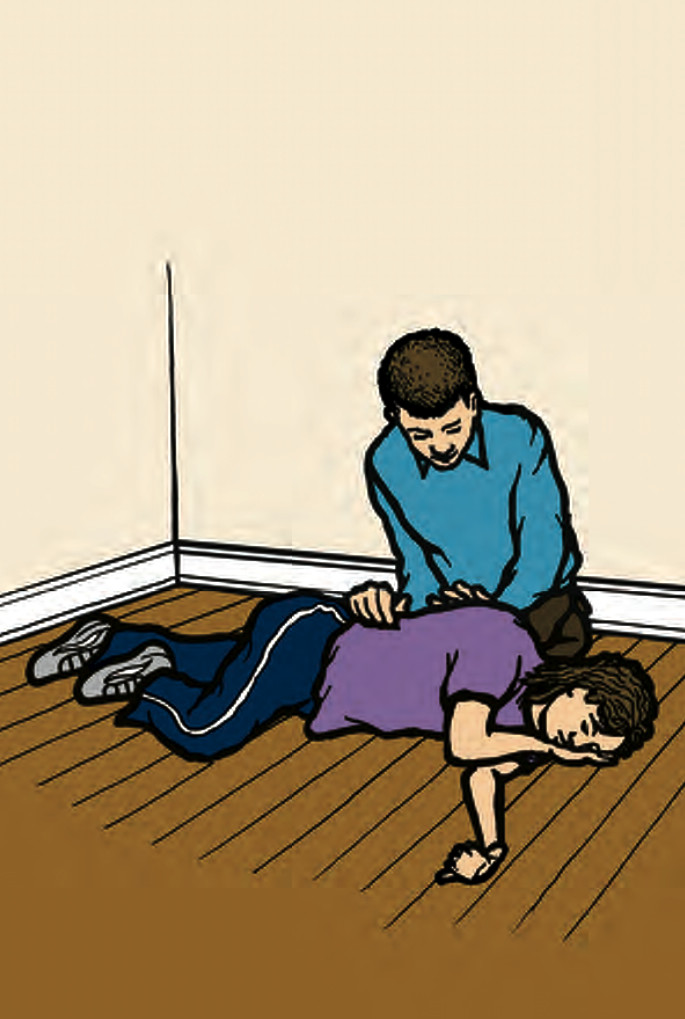Living with chronic illness is like navigating through life with an invisible companion- a constant reminder of vulnerability and limitations. While the physical symptoms of chronic illnesses are often apparent, the impact on mental health is frequently overlooked. The toll it takes on one’s emotional well-being can be profound and multifaceted.
The Silent Struggle: Chronic illness disrupts every aspect of life, from daily routines to long-term plans, creating a perpetual state of uncertainty and unpredictability. Coping with the physical symptoms, such as pain, fatigue, and mobility limitations, can be exhausting. The constant need for medical appointments, treatments, and medications adds another layer of stress and anxiety.
The Emotional Rollercoaster: Living with a chronic illness can trigger a range of emotions, from grief and frustration to anger and isolation. The loss of independence and the inability to engage in activities once enjoyed can lead to feelings of sadness and hopelessness. Moreover, the uncertainty of the illness’ progression and the fear of complications can intensify anxiety and depression.
Social Impact and Stigma: Chronic illness can also strain relationships and social connections. Friends and family may struggle to understand the challenges faced by the individual, leading to feelings of isolation and alienation. The stigma surrounding certain illnesses can further exacerbate these feelings, making individuals hesitant to disclose their condition or seek support.
The Cycle of Stress and Symptoms: The relationship between chronic illness and mental health is bidirectional- affecting and exacerbating each other. Stress, a common response to managing a chronic illness, can trigger flare-ups of symptoms, creating a vicious cycle of physical and emotional distress. Additionally, the psychological burden of the illness can weaken the immune system and impair the body’s ability to cope, further compromising one’s overall health.
Coping Strategies and Support: Despite the challenges, there are strategies individuals can employ to maintain their mental well-being. Building a strong support network of understanding friends, family, and healthcare professionals can provide invaluable emotional support. Engaging in self-care activities, such as mindfulness, relaxation techniques, and hobbies, can also help manage stress and improve mood.
Seeking Professional Help: It’s essential for individuals living with chronic illnesses to prioritize their mental health and seek professional help when needed. Therapists and counselors can offer coping strategies, emotional support, and validation for the unique challenges faced by those with chronic illnesses. Additionally, support groups and online communities can provide a sense of belonging and understanding.
Breaking the Silence: Raising awareness about the connection between chronic illness and mental health is crucial in breaking the stigma and ensuring that individuals receive the support and understanding they deserve. By having open communication and promoting empathy and compassion, a more inclusive and supportive community for those affected by chronic illnesses can be born.
Living with a chronic illness is a complex and varying experience that extends beyond the physical symptoms. The toll it takes on mental health is significant and deserves recognition and support. By acknowledging the emotional challenges faced by individuals with chronic illnesses and providing access to resources and support, individuals will be able to navigate their journey with resilience and hope.
If you or someone you know is in a crisis, get help immediately. You can call 911 or call or text the 988 Suicide & Crisis Lifeline at 988.
Disaster Distress Helpline: Get Immediate Crisis Counseling and Support | SAMHSA : the Substance Abuse and Mental Health Services Hotline
Veterans Crisis Line: call 988 then press 1; text 838255 or click on Chat to connect with 24/7 support
National Domestic Violence Hotline Hours: 24/7. Languages: English, Spanish and 200+ through interpretation service call: 800-799-7233
24/7 Suicide Hotline for LGBTQ Youth – We’re here for you Now
Chronic Illness Hotline- Text “care” to 202-596-6520

